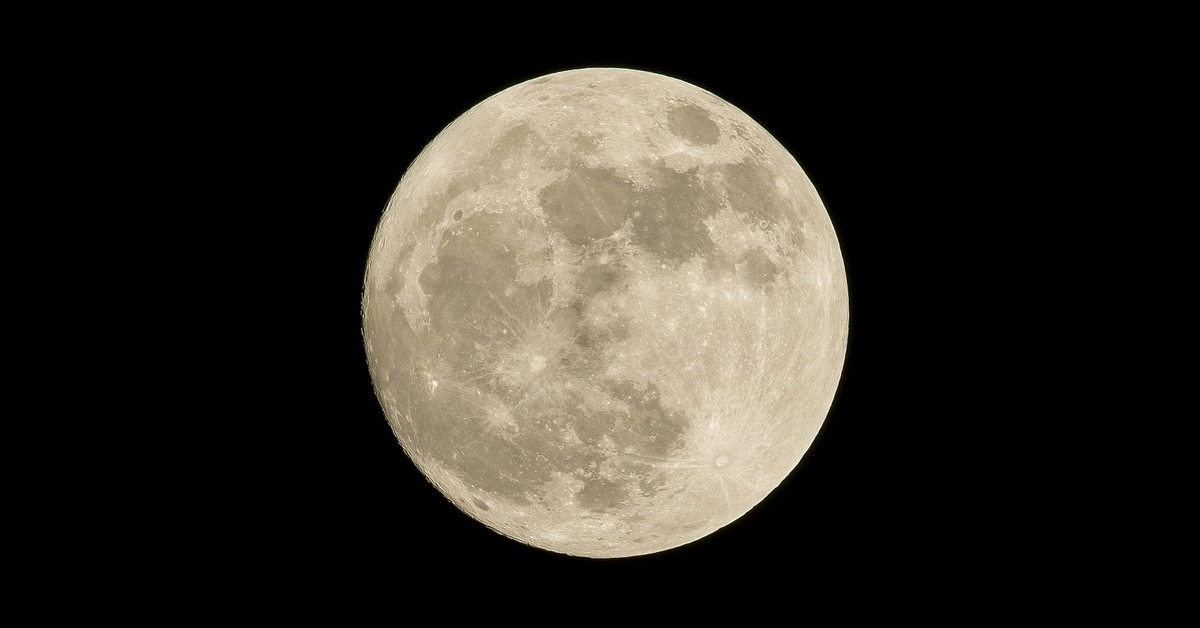NASA’s Solar System Exploration Research Virtual Institute has chosen five additional research teams that will get annual funding over five years to help advance human and robotic lunar exploration.
The teams are part of a cadre of 13 research groups that have been selected to collaborate with SSERVI since 2019, the space agency announced Friday.
The studies focus on lunar science and sample analysis in support of the Artemis program as well as the Commercial Lunar Payload Services initiative. The latest round of winning proposals will explore areas such as the evolution of the lunar magma ocean, conditions of the formation of the Earth and Moon and the origin and transformation of volatile components in lunar regolith.
The newly included teams are:
- Lunar Structure, Composition, and Processes for Exploration (LunaSCOPE)
- Center for Lunar Origin and Evolution (CLOE)
- Research Activities Supporting Science and Lunar Exploration (RASSLE)
- Center for Lunar Environment and Volatile Exploration Research (CLEVER)
- Center for Advanced Sample Analysis of Astromaterials from the Moon and Beyond (CASA Moon)
The groups are comprised of universities and research institutions, including Brown University, Southwest Research Institute, Johns Hopkins University Applied Physics Laboratory, Georgia Institute of Technology and the University of New Mexico.





